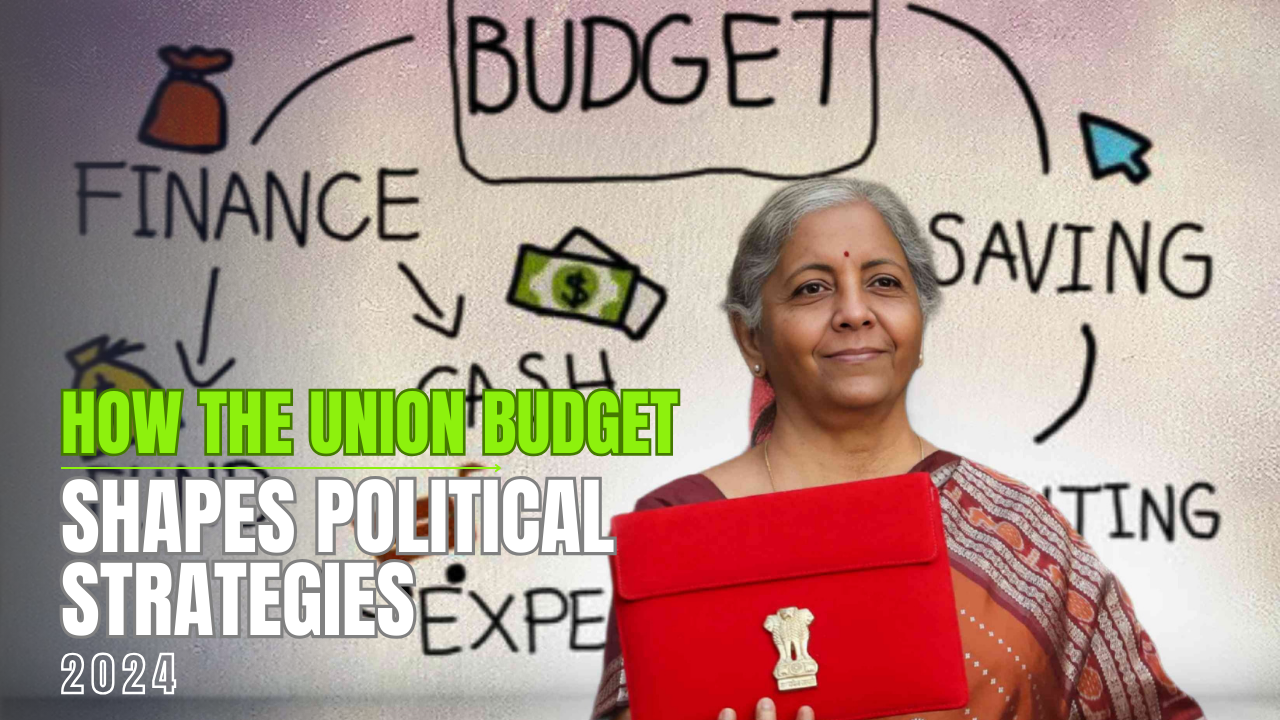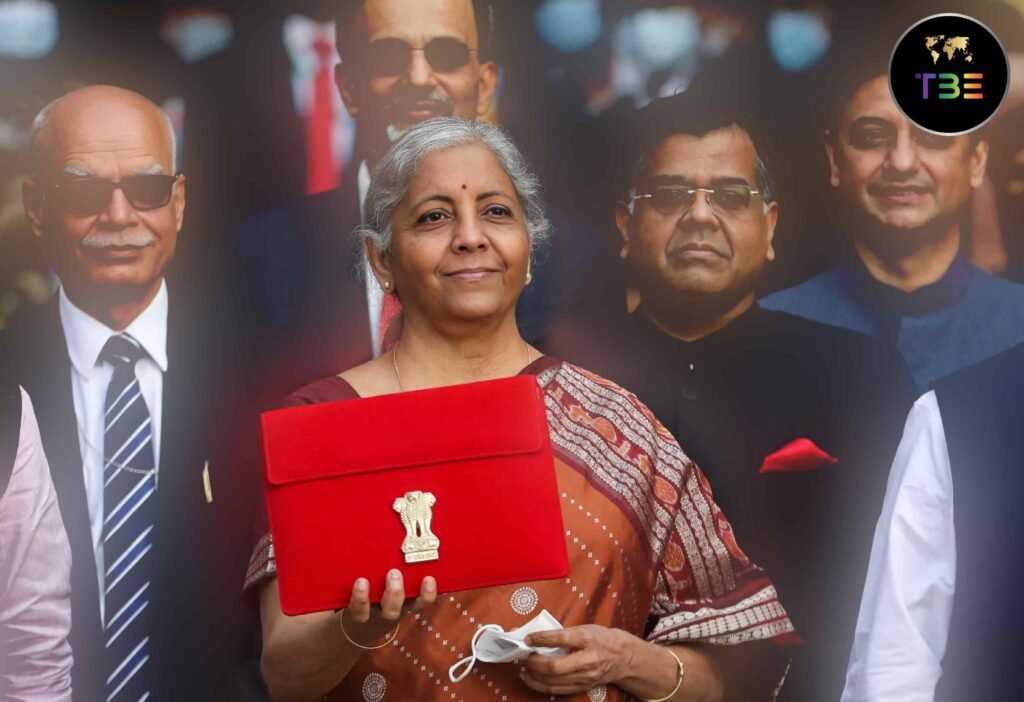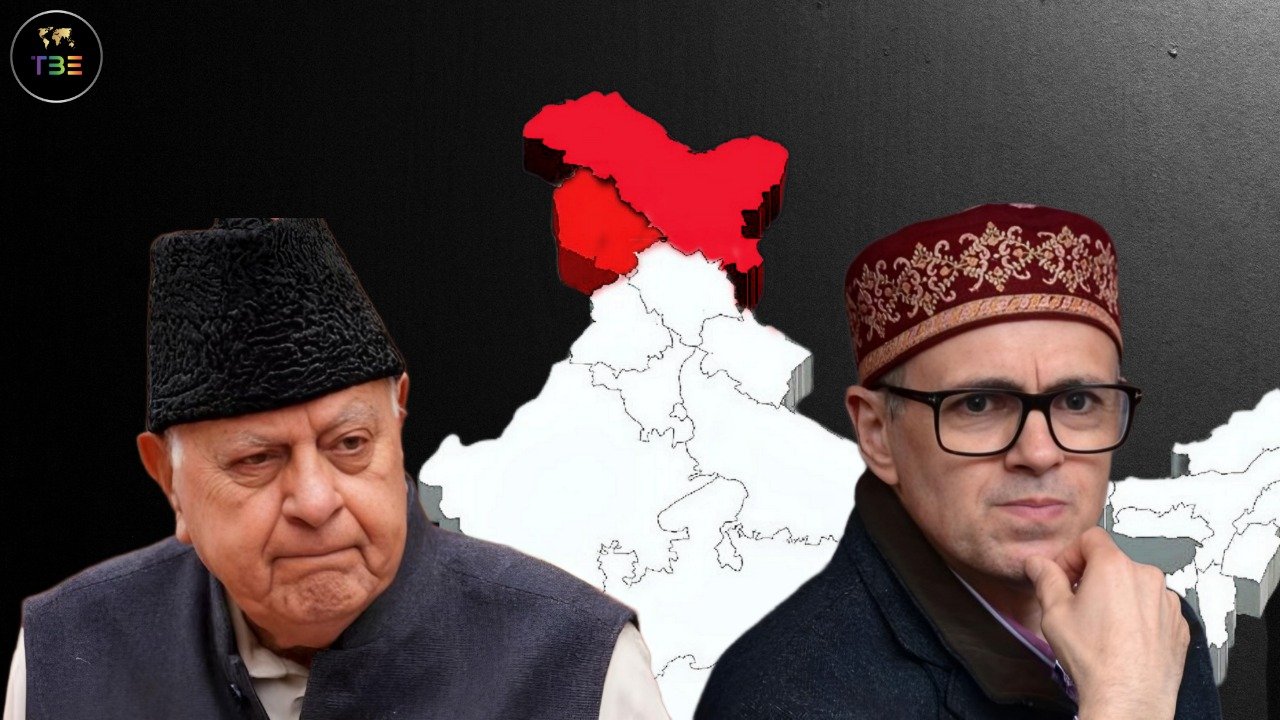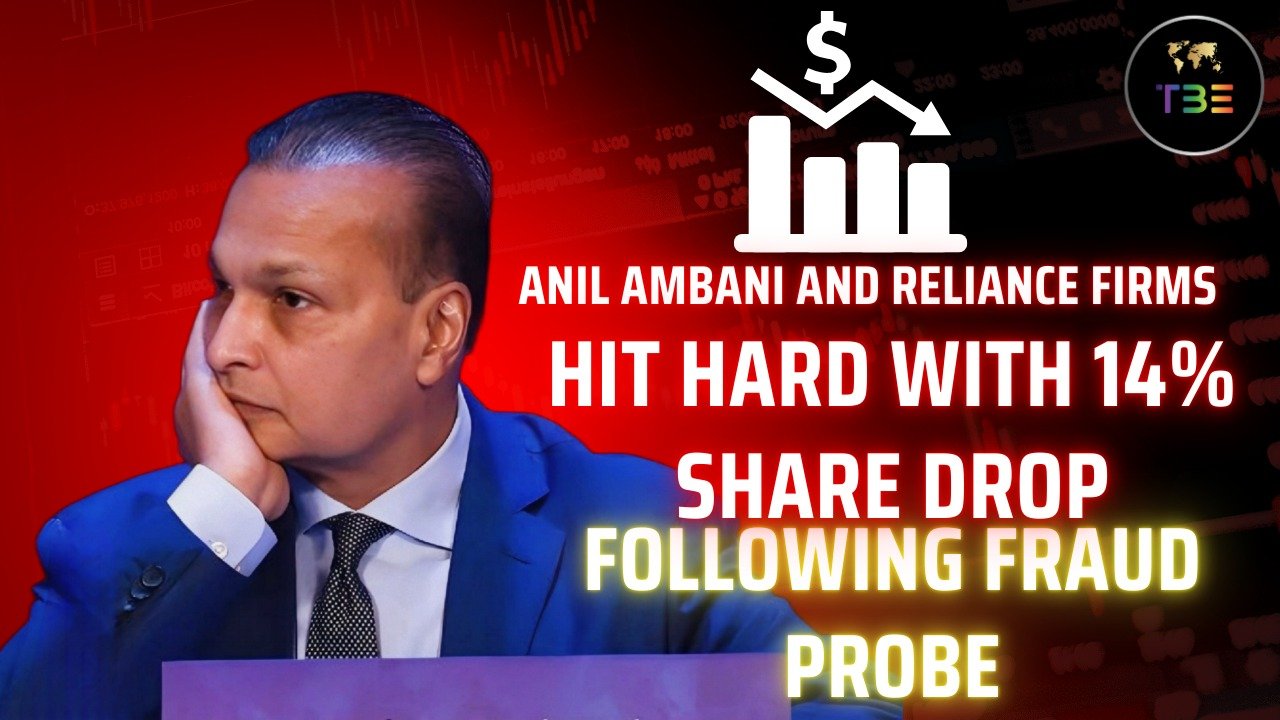Calculating Electoral Impact: Insights from 2019 and 2024
The complicated relationship between political strategy and economic policy in the Union Budget affects how elections turn out. In order to analyze the BJP’s budgetary aims and impact on society, it is essential to consider its electoral trajectory from 2018 to 2024.
2018 saw defeats for the BJP in Madhya Pradesh, Rajasthan, and Chhattisgarh, which were primarily ascribed to rural hardship and dissatisfaction among farmers. These complaints were addressed by the 2019 interim budget, which included a retroactive direct income transfer program for farmers. This was an important achievement that helped the BJP get more seats in the general elections of 2019.
In 2024, the BJP lost a large number of seats, going from 303 to 240. This decline calls for a thorough examination of the strategy and potential effects on election results of the 2024 interim budget.
The Temporary Budget for 2024’s Strategic Focus
The 2024 interim budget seems less intent on using populist policies to garner quick political gains than its 2019 predecessor. As an alternative, it represents a strategic realignment following the elections of 2024 that places a value on both wider economic imperatives and stability within the National Democratic Alliance (NDA).
Reflections on Past Elections and Strategic Shifts
The 2024 Union Budget has been released amid discussions about its possible electoral influence, especially in comparison to the crucial 2019 interim budget. Notably, rural hardship and farmer discontent were blamed for the BJP’s defeats in Madhya Pradesh, Rajasthan, and Chhattisgarh prior to the 2019 general elections. Retrospective income transfer for farmers in the 2019 budget that followed helped boost the BJP’s popularity. After the BJP’s victories in these states in 2023, the 2024 budget, in sharp contrast, does not contain any blatantly populist initiatives, indicating a deliberate break from short-term electoral gain techniques.
Nurturing Coalition Dynamics
Given that the BJP does not have a parliamentary majority, the NDA’s unity is crucial to the political calculations surrounding the budget. The stability of the NDA is largely dependent on important partners like the Telugu Desam Party and the Janata Dal (United). The budget places a lot of emphasis on giving funds to Andhra Pradesh and Bihar, highlighting efforts to please these allies even if it means that BJP-ruled states with upcoming elections may suffer as a result.
Economic Policy Shifts: Job Creation and Beyond
Realizing the weaknesses of populist welfare programs, the 2024 budget shifts to economic plans focused on employment creation led by the private sector. This strategy, in line with economic studies, promotes talent development and salary subsidies for the private sector. Notably, programs that cross party lines, such as those that support internships for young workers, exhibit a practical fusion of policy concepts.
The budget has high goals, with the goal of helping 4.1 crore young people acquire jobs and improve their skills over a five-year period. Achieving this in the face of a private sector lacking in demand presents difficulties, which are exacerbated by job seekers’ ingrained inclination for stable government employment.
Political Challenges and Opportunities
Developing New Groups of Voters
The BJP is making a significant electoral investment by raising a new class of beneficiaries in the labor market, dubbed “labharthis.” Prior to the general elections in 2029, this strategy aims to reinvent electoral dynamics by appealing to changing voter demands and moving beyond traditional welfare assumptions.
Controlling Opposition Dynamics
Difficult obstacles include opposition to initiatives like the Agnipath plan and calls for further reservations in government employment. The BJP’s electoral prospects in the next state elections and beyond will be greatly influenced by its ability to handle these divisive topics.
Finally, The Way Ahead
The Union Budget is going to be a vital instrument for the BJP as it works through coalition politics, goals for economic transformation, and political pressure. Beyond its financial ramifications, the budget acts as a guide for navigating the changing political landscape of India by striking a balance between long-term economic goals and short-term electoral calculations.In the face of conflicting demands and shifting voter preferences, the BJP’s ability to use economic measures to gain political benefits would be put to the test in the upcoming years. In the end, political narratives and strategies that are essential to India’s democratic transition are shaped by the Union Budget, which has an impact beyond budgetary allocations.
Prospects for the Future: Strategic Requirements
To sum up, the Union Budget is an essential part of the BJP’s political calculations since it affects coalition dynamics, economic strategies, and election tactics. The budget plays a crucial role in promoting inclusive growth and meeting electoral imperatives as India faces complex socio-economic concerns. The BJP’s trajectory in the upcoming elections will be based on how well it manages these dynamics, highlighting the ongoing relationship between political outcomes and fiscal policy in democratic India.
ALSO READ: Review of Supacell: Superpowers and Typical Struggles in a London Drama

















Leave a Reply